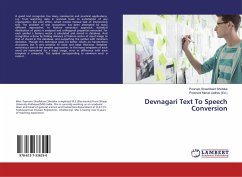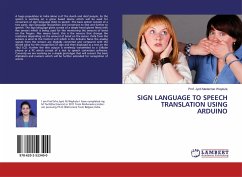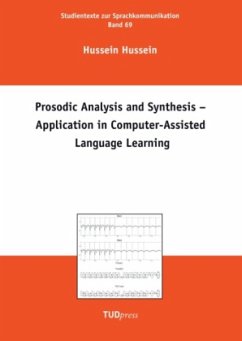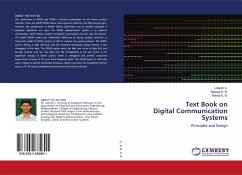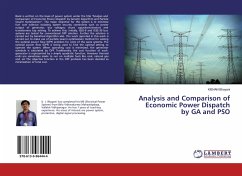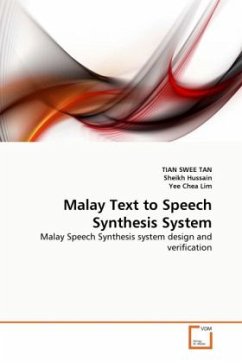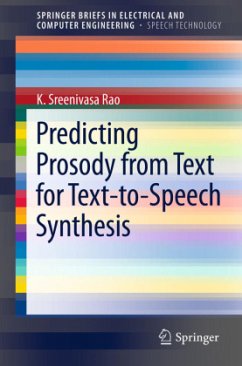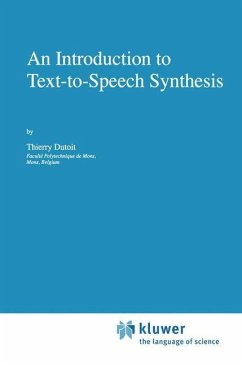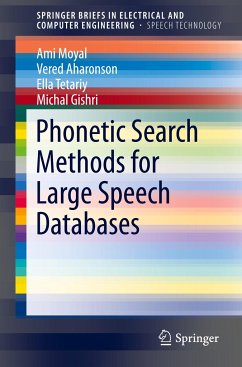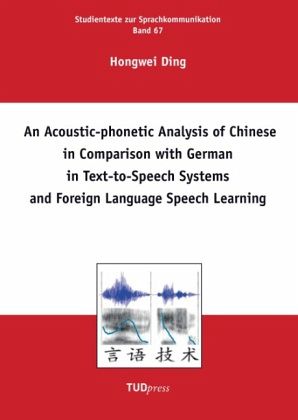
An Acoustic-phonetic Analysis of Chinese in Comparison with German in Text-to-Speech Systems and Foreign Language Speech Learning
Versandkostenfrei!
Versandfertig in 1-2 Wochen
39,80 €
inkl. MwSt.

PAYBACK Punkte
0 °P sammeln!
This thesis aims to conduct an acoustic-phonetic analysis of Chinese in comparison with German in Text-To-Speech (TTS) systems and Foreign Language Speech Learning (FLSL). Researches in TTS, Computer-Assisted Pronunciation Training (CAPT) and Foreign Language Speech Learning (FLSL) are connected with each other. We employed some linguistic phonetic knowledge in building TTS systems, and speech technology has in turn found its application in CAPT systems and FLSL. Acoustic phonetic investigations will be explored from different perspectives in these three areas. It is demonstrated that we can e...
This thesis aims to conduct an acoustic-phonetic analysis of Chinese in comparison with German in Text-To-Speech (TTS) systems and Foreign Language Speech Learning (FLSL). Researches in TTS, Computer-Assisted Pronunciation Training (CAPT) and Foreign Language Speech Learning (FLSL) are connected with each other. We employed some linguistic phonetic knowledge in building TTS systems, and speech technology has in turn found its application in CAPT systems and FLSL. Acoustic phonetic investigations will be explored from different perspectives in these three areas. It is demonstrated that we can employ the same language-independent approaches to solve different problems in Chinese and German TTS systems; it is displayed that much potential of speech technology remains to be exploited in the application of German CAPT systems for Chinese learners; it is demonstrated that some typical segmental and suprasegmental deviations from the native performances can occur of Chinese and German learners, which will likely result in a foreign accent. The goal of these investigations is to present the problems we encountered and the possible solutions we found in TTS systems, to describe the characteristic difficulties in FLSL to help learners acquire a better performance in the target language, and to shed more light on the similarities and differences between tone and non-tone languages.



